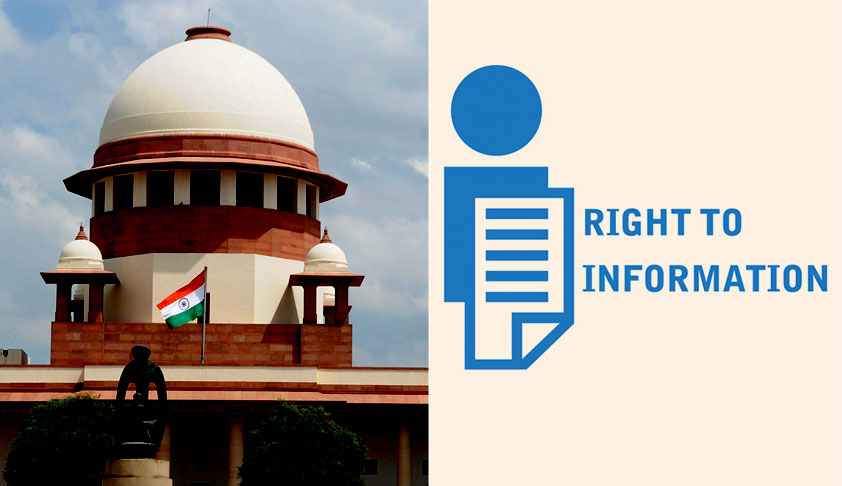The Supreme Court on Thursday reserved its order on public interest litigation Aseer Jamal v. UOI that brings to light the grievance of a large portion of the population in being unable to exercise the right to information.A bench of Chief Justice Dipak Misra, Justice DY Chandrachud and Justice AM Khanwilkar asserted that guidelines shall be issued in pursuance of which the states may amend...

